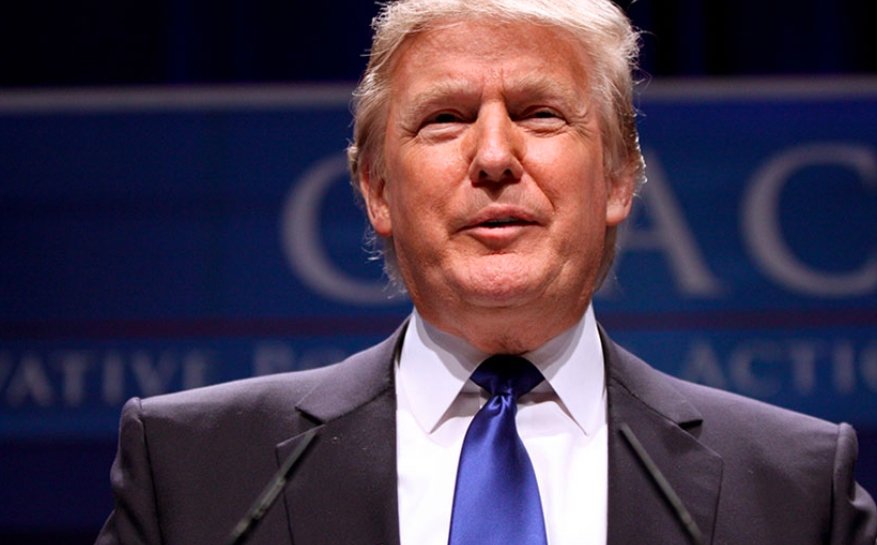The Colorado Republican Party has filed a petition with the U.S. Supreme Court, asking it to overturn the state Supreme Court’s decision to remove former President Donald Trump from the 2024 primary ballot. The state court ruled that Trump was ineligible for the presidency under Section 3 of the 14th Amendment, which bars anyone who has engaged in insurrection or rebellion against the U.S. from holding office.
The Colorado ruling and its implications
The Colorado Supreme Court issued its ruling on Tuesday, December 28, 2023, in a 4-3 split decision. The majority held that Trump had incited an insurrection on January 6, 2021, when he urged his supporters to storm the U.S. Capitol and stop the certification of the 2020 election results. The court said that this act violated Section 3 of the 14th Amendment, which was enacted after the Civil War to prevent former Confederates from returning to power.
The court also rejected the argument that Section 3 required an act of Congress to enforce it, citing the text and history of the amendment. The court said that the provision was self-executing and applied to anyone who had taken an oath to support the Constitution and then participated in or aided an insurrection. The court noted that Trump had taken such an oath when he became president in 2017 and 2021.

The court’s ruling was the first of its kind in the nation and had far-reaching consequences for the 2024 presidential race. If upheld by the U.S. Supreme Court, the ruling would effectively disqualify Trump from running for office in any state, not just Colorado. It would also set a precedent for other states to follow suit and invoke Section 3 against Trump or any other candidate who had engaged in insurrection or rebellion.
The Colorado GOP’s petition and its arguments
The Colorado Republican Party filed its petition with the U.S. Supreme Court on Wednesday, December 29, 2023, seeking an emergency stay of the state court’s ruling. The party claimed that it was “irreparably harmed” by the decision, which deprived it of its right to choose its own nominee and violated the will of the voters who supported Trump.
The party also challenged the legal basis of the ruling, arguing that Section 3 did not apply to the presidency and that Congress had the sole authority to enforce it. The party cited a 1869 case, known as Griffin’s Case, which held that Section 3 required a statute to implement it. The party also pointed out that no such statute had been passed by Congress since the amendment was ratified in 1868.
The party further contended that the state court had misinterpreted the meaning and scope of Section 3, which was intended to target only those who had waged war against the U.S. or given aid and comfort to its enemies. The party said that Trump’s speech and actions on January 6, 2021, did not amount to insurrection or rebellion, but rather to protected political expression and peaceful protest. The party accused the state court of engaging in partisan bias and judicial activism, and urged the U.S. Supreme Court to intervene and restore Trump’s ballot access.
The U.S. Supreme Court’s options and outlook
The U.S. Supreme Court has not yet responded to the Colorado GOP’s petition, but it is expected to do so soon, given the urgency and importance of the case. The court has several options to choose from, including:
- Granting the stay and agreeing to hear the case on its merits, which would allow Trump to remain on the ballot until the court issues a final ruling.
- Denying the stay and refusing to hear the case, which would leave the state court’s ruling in place and effectively end Trump’s presidential bid.
- Granting the stay but declining to hear the case, which would preserve the status quo until the lower courts resolve the issue.
- Denying the stay but accepting the case, which would remove Trump from the ballot but give him a chance to appeal.
The court’s decision will likely depend on several factors, such as the legal arguments presented by both sides, the constitutional and historical issues involved, the political and public implications of the case, and the personal views and preferences of the justices. The court’s composition, which consists of six conservative and three liberal justices, may also play a role in the outcome.
The court’s ruling, whatever it may be, will have a significant impact on the 2024 presidential election and the future of American democracy. It will also mark a historic moment in the interpretation and application of Section 3 of the 14th Amendment, which has been largely dormant for more than a century.














